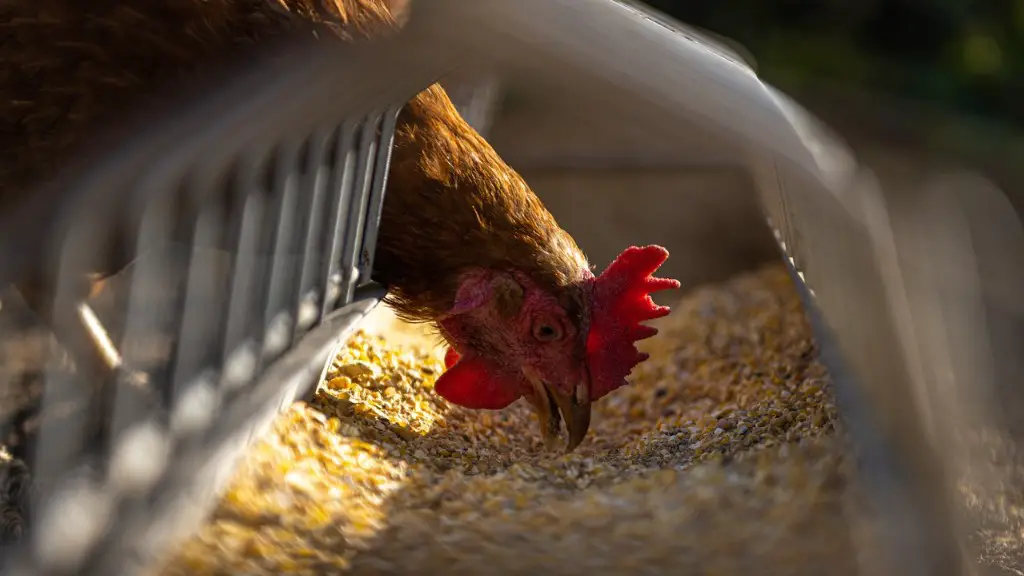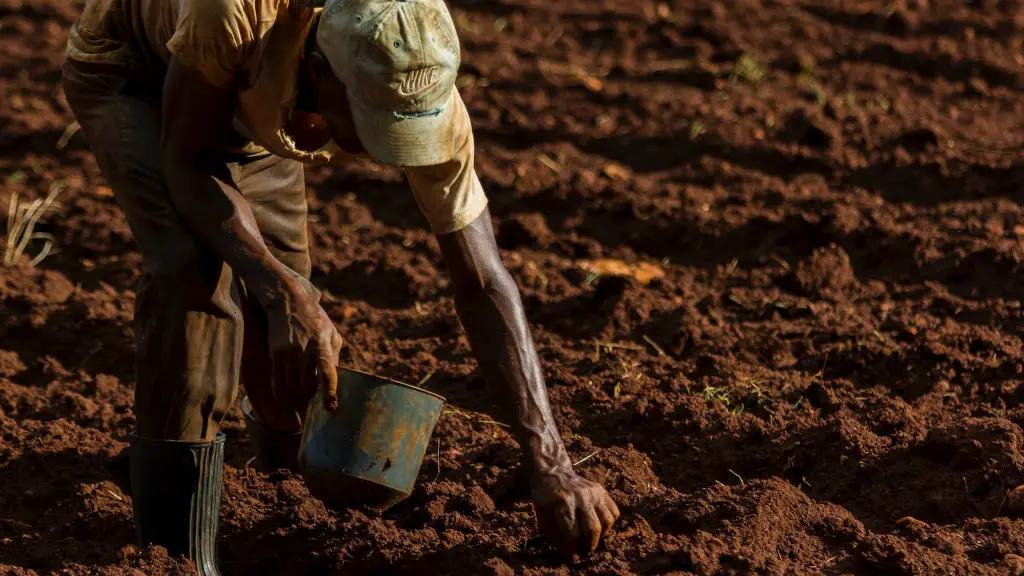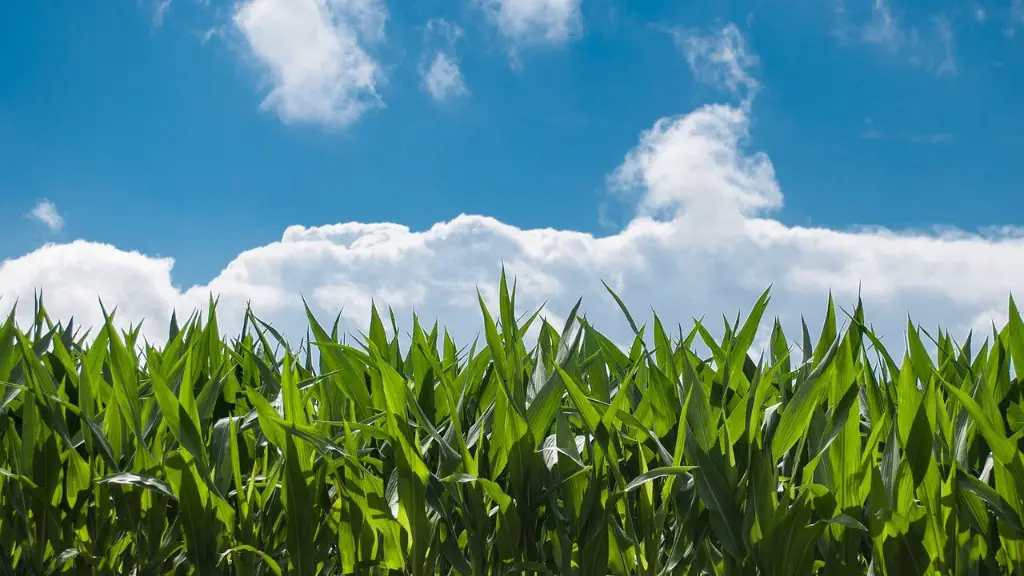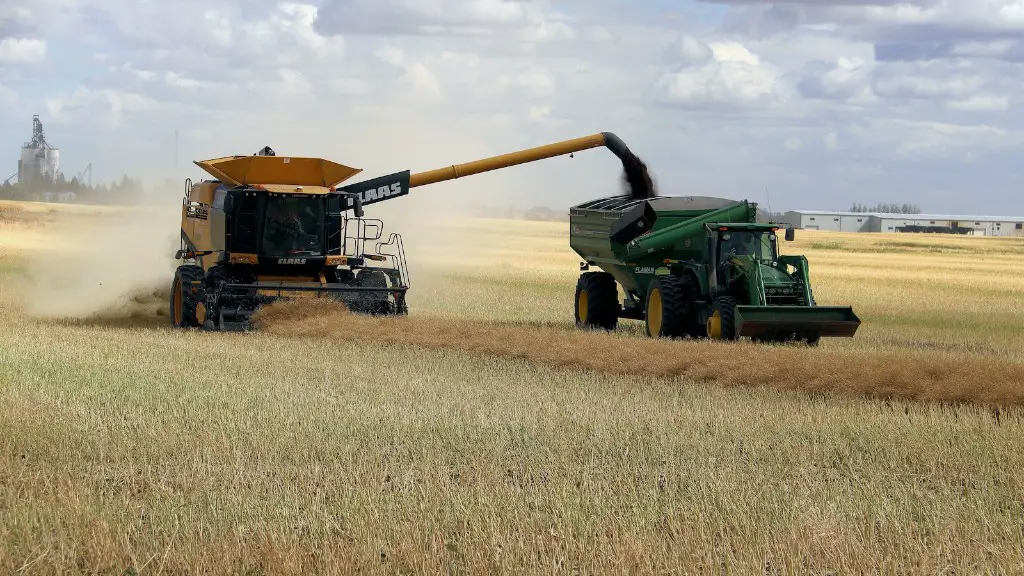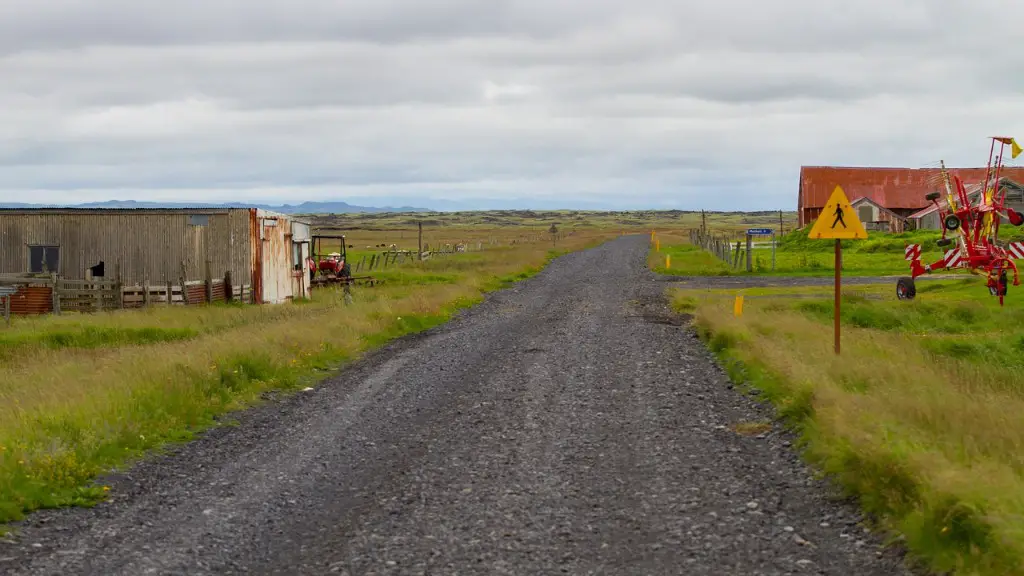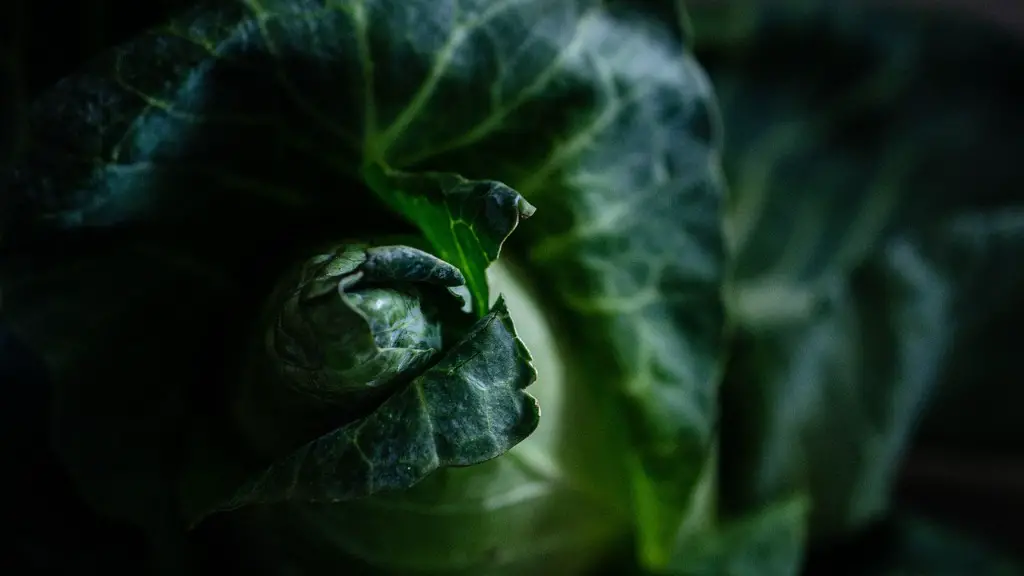If there is no agriculture, the human race will very likely die out. Agriculture is responsible for providing the vast majority of the food that we eat. Without it, we would not be able to survive.
If there is no agriculture, then people would have to find other ways to obtain food. They might be able to hunt and gather, but that would only provide a limited amount of food. People would also have to find other ways to obtain materials for clothing and shelter.
Why is agriculture so important?
Agriculture is a vital industry that employs a large number of people and generates a significant amount of food each year. It is estimated that pasture and cropland make up around 50 percent of the world’s habitable land, which provides habitat and food for many different species of animals and plants.
Agriculture is essential for our survival. Without it, we would be naked, lacking the nutrients we need for survival, unprotected, and hungry. We wouldn’t have the clothes on our back, the towels in our bathroom or the sheets on our bed. We wouldn’t be able to enjoy our daily meals or have the protection of a sturdy, well-furnished home. Agriculture provides us with the food we need to survive and the materials we need to build our homes and clothe ourselves. It is essential for our survival and wellbeing.
How does agriculture impact society
Agricultural events are great for communities because they create jobs and economic growth. They also give smaller farmers the opportunity to interact directly with consumers, which is beneficial for everyone involved.
Climate change is one of the biggest challenges that we face today and it is important that we do everything we can to improve resilience to it. One way to do this is through regenerative agriculture practices that improve soil, plant, and animal health.
No-till cultivation, not burning stubbles, and planting cover crops are all examples of practices that can help improve resilience to climate change. By ensuring that plants and soil are in the best possible condition, we can help minimize the impact of drought and erratic rainfall.
Implementing these practices on a widespread basis is essential to our ability to adapt to a changing climate.
Can we imagine the world without agriculture?
Agriculture is the backbone of any economy and it is impossible to imagine a world without it. It satisfies the basic need for food for millions of people and live stocks. It provides raw materials for agro-based industries. Export of agricultural produces help in the development of Country’s economy.
Urban areas are typically considered to be those areas that are not engaged in or concerned with farming or agriculture. This is generally due to the fact that urban areas are more densely populated and have a higher concentration of businesses and industry.
What will happen if we don t do agriculture farming in our nation?
Agriculture is responsible for producing the food that we eat, so without it we would starve. Additionally, modern civilisation would come to a stop without agriculture because it is responsible for producing other materials that are essential to our way of life, such as clothing and building materials. Therefore, we need to ensure that agriculture is sustainable and adaptable to changing climates in order to maintain global food security. This can be done through practices such as climate-smart agriculture, which involves using techniques that help mitigate and adapt to climate change. Additionally, modern genetics and improved farming methods can help make agriculture more efficient and productive.
Agriculture is essential to society in many ways. It provides food for people to eat, jobs for people to do, and raw materials for products. It also helps to build strong economies through trade.
Why was agriculture so important to humans
Agriculture is one of the most important inventions of humanity. It allowed people to grow all the food they needed in one place, with a much smaller group of people. This led to massive population growth, creating cities and trade. Agriculture allowed for the development of civilizations and the growth of economies. It is one of the most important inventions in human history.
Agriculture has a large impact on the environment, both positive and negative. On the positive side, agriculture can help reduce CO2 levels, improve air quality, and provide habitat for wildlife. On the negative side, agriculture can lead to soil erosion, water pollution, and contribute to climate change.
What are 3 effects of agriculture on the environment?
The large-scale, conventional farming system has intensity problems. It focuses on intensive single crop production, mechanization, and depends on fossile fuels, pesticides, antibiotics, and synthetic fertilizers. These components have sever consequences on the environment, climate change, pollution, and depletion of soil fertility.
Climate change mitigation is the process of reducing the amount of greenhouse gases emitted into the atmosphere in order to halt or slow down the rate of climate change. Agricultural production can play a role in climate change mitigation by reducing emissions of these gases and by producing biofuels that can replace fossil fuels.
Is agriculture important in the world
Growth in the agriculture sector is a major driver of poverty reduction and economic growth in developing countries. Agriculture is a key sector in many developing countries, and growth in this sector is two to four times more effective in raising incomes among the poorest compared to other sectors. In addition, agriculture is crucial to economic growth: accounting for 4% of global gross domestic product (GDP) and in some least developing countries, it can account for more than 25% of GDP.
No-till farming is a type of agriculture where the soil is not turned over between crop seasons. This leaves natural vegetation intact and helps to conserve water and prevent erosion.
There are both pros and cons to no-till farming. Some of the pros include savings on equipment costs, water conservation, and higher crop yields. However, some of the cons include the need for more herbicides, fungal disease, and patience.
What is the value of no-till agriculture?
No-till farming is a type of agriculture where the soil is not tilled or plowed in between crop growth cycles. This type of farming preserves the natural environment and the soil’s nutrients, which can reduce water and chemical use. In the long term, no-till farming can save farmers time and money.
No-till farming is a type of agriculture where fields are left untouched by plowing or tilling. This type of farming not only reduces soil erosion, but also increases soil biological activity and increases soil organic matter. Over time, these benefits can lead to additional economic gains for farmers.
Warp Up
If there is no agriculture, it is likely that people will starve to death. Agriculture is necessary to provide food for people to eat.
If there is no agriculture, the world will starve. Agriculture is necessary to grow food for the world’s population. Without agriculture, there would be no food to eat.
